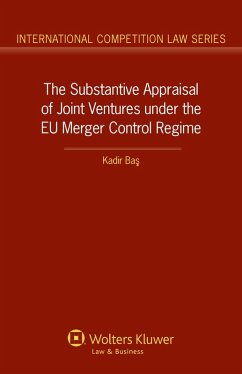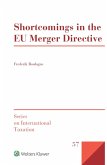It has become common in recent decades for firms to seek economic advantage in what are called joint ventures. These collaborations possess some characteristics of both mergers and agreements, although they do not completely fit into either of these two categories. Inevitably, therefore, joint ventures fall foul of competition authorities, which tend to treat them according to those traditional antitrust categories. It is generally unclear which types of joint ventures should be treated as mergers, and how the fact that the parent firms remain independent outside the cooperation should be incorporated into traditional merger analysis. It is difficult to give an answer to these questions that would apply in all cases. In particular, the current legal uncertainty makes it difficult for firms to predict and adopt the safest policy, from a competition law perspective, in structuring and dealing with their joint ventures.
Dieser Download kann aus rechtlichen Gründen nur mit Rechnungsadresse in A, B, BG, CY, CZ, D, DK, EW, E, FIN, F, GR, HR, H, IRL, I, LT, L, LR, M, NL, PL, P, R, S, SLO, SK ausgeliefert werden.









